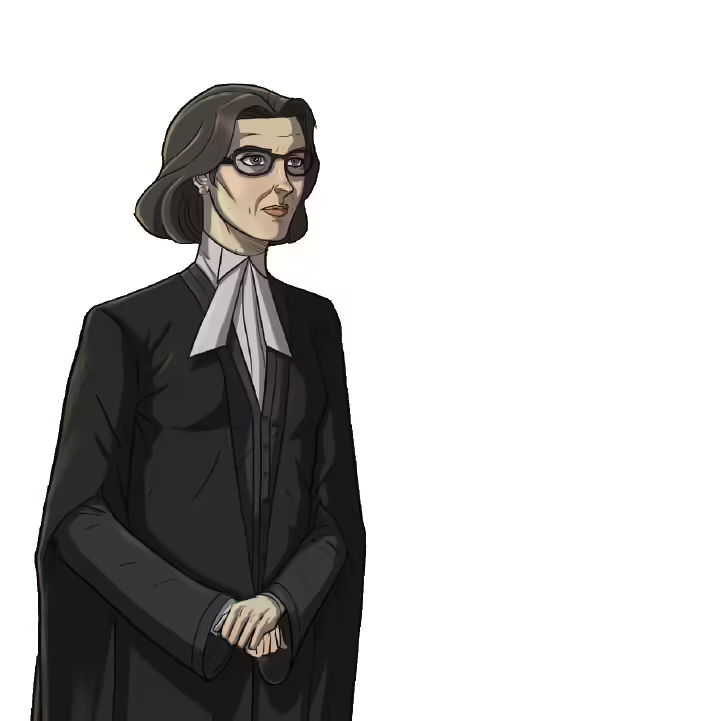Open access to government
Open access to government is an important aspect of the rule of law, at least as important, if not more, than access to the courts.
Open access to government means that, as far as possible, government proceedings and debates take place in public view.
This month marks both the 25th anniversary of regular free-to-air broadcasts of Question Time in the House of Representatives, and the 150th anniversary of official Hansard reporting of parliamentary proceedings in Victoria.
Broadcasting Question Time
Broadcasting of Question Time in the House of Representatives began on a trial basis in February 1991. There were high hopes for it. As former senior Liberal figure Wal Fife noted at the time:
Although Mr Fife’s high hopes may not yet have come to pass, the regular broadcasts of Question Time have become an important part of maintaining and improving democratic involvement with, and understanding of, parliamentary proceedings.
The House was a bit slow in its uptake of televised broadcasts.
Although proceedings had been broadcast on radio since 1946, it took until August 1990 for television broadcasting to enter the Parliament via the Senate first, on the motion of former South Australian Liberal Senator Amanda Vanstone.
Nevertheless, by the end of the trial period in 1991, regular televised broadcasts of parliamentary proceedings in both Houses was an accepted part of the Australian media landscape.
In 2000, proceedings moved to the Internet as well, and open access to federal parliamentary proceedings has continued to grow.
Currently, the ParlView service on the Australian Parliament House website allows any person to download the proceedings, events and press conferences at the Parliament in a variety of formats. For example, the entirety of the Rule of Law Institute’s Magna Carta Symposium conducted last year with the Department of Senate is available on ParlView.
Browse the Senate, House of Representatives, Joint Committees and other sections on ParlView and see what you can find!
Hansard reporting
Television and internet broadcasts are just the latest in a long process of increasing public scrutiny of parliamentary proceedings.
In February 1866, Victoria commissioned three former newspaper reporters to form the first official Hansard team in that state.
In doing so, they led the way in providing public funding for open access to government. In Australia, only South Australia began their official reporting earlier, in 1857.
Later, in 1879, Hansard reporting began in New South Wales too, and it was not until 1909 that the “mother of all parliaments”, the UK Parliament at Westminster, began its own official reporting of parliamentary proceedings.
Transparency and accountability
Open access to government is an important part of the rule of law.
Transparency of parliamentary proceedings forms a major check on the abuse of power, and increases accountability for individual parliamentarians.
As former US Supreme Court justice Louis Brandeis once said, sunlight is the best disinfectant.






